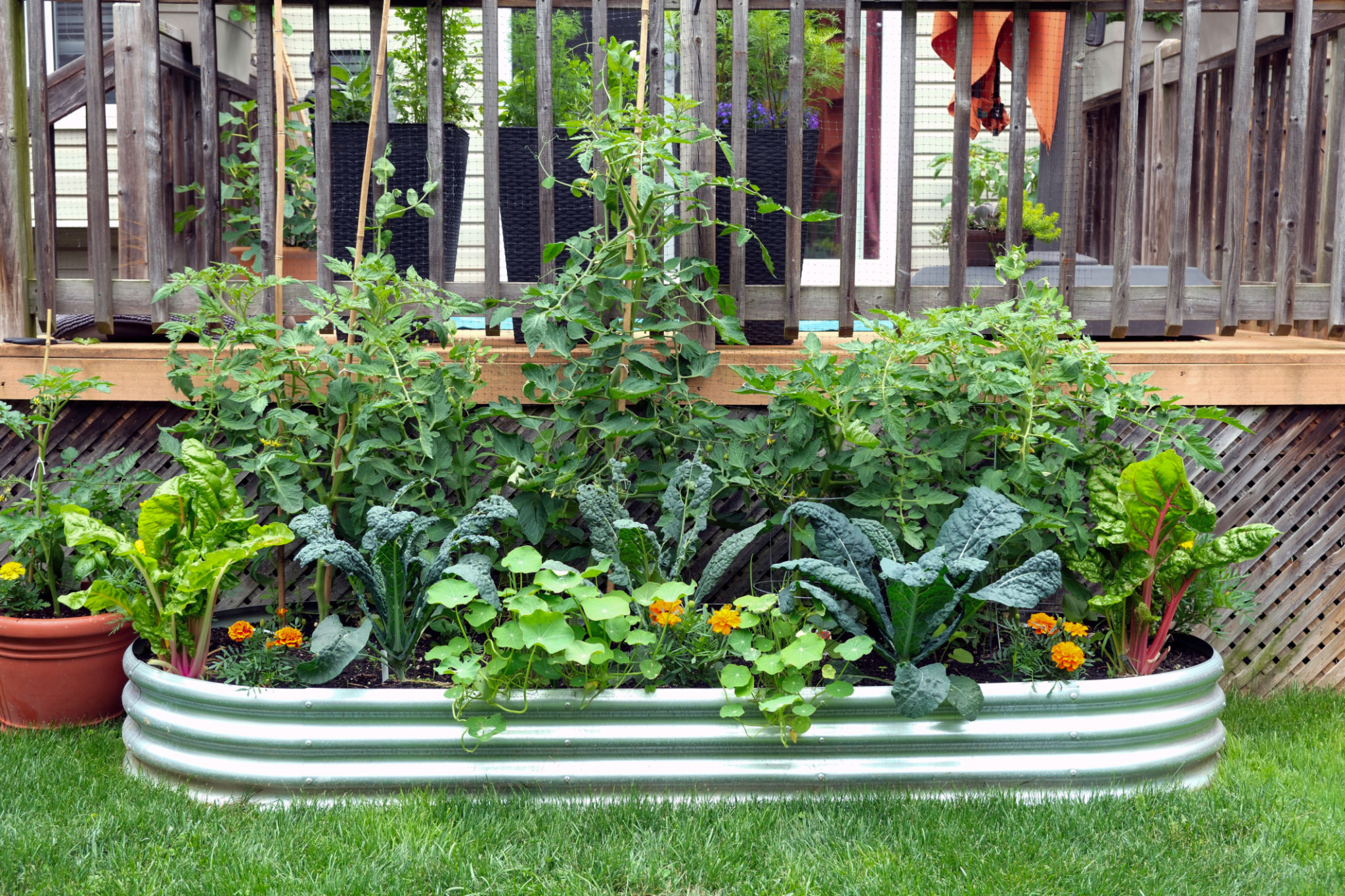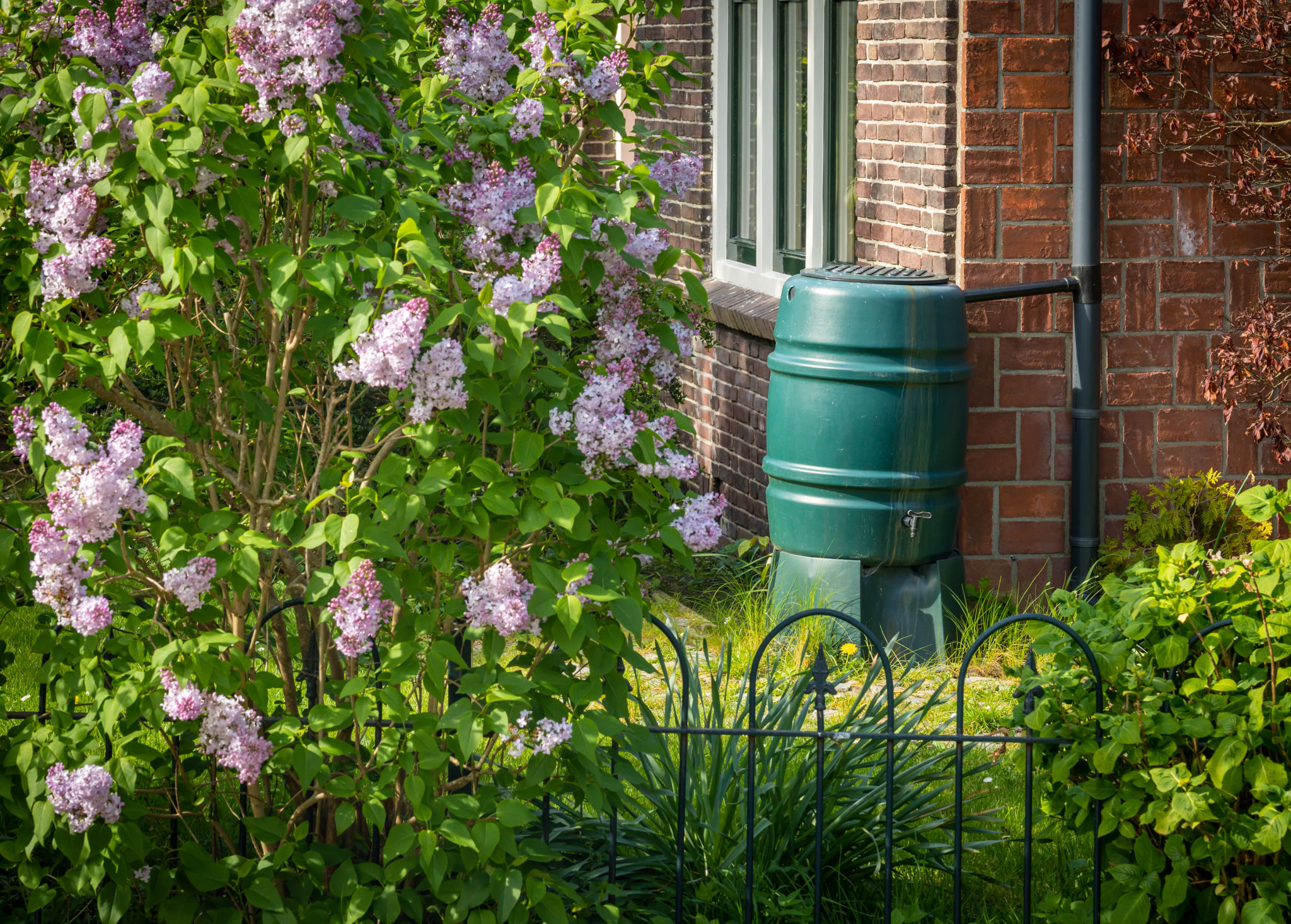Eco-Friendly Landscaping Ideas for Sustainable Gardens in Pretoria
Introduction to Eco-Friendly Landscaping
In recent years, the push towards sustainability has become more prominent, even in our own backyards. For homeowners in Pretoria, embracing eco-friendly landscaping not only enhances the aesthetic appeal of gardens but also contributes significantly to environmental preservation. This post explores various sustainable gardening practices that can transform your outdoor space into a green oasis.

Choosing Native Plants
One of the fundamental principles of sustainable gardening is the use of native plants. Native species are already adapted to the local climate and soil conditions, which means they require less water and maintenance. In Pretoria, incorporating indigenous plants such as the Aloidendron barberae (tree aloe) or Pelargonium varieties will not only thrive with minimal intervention but also support local wildlife.
Benefits of Native Flora
Using native plants reduces the need for chemical fertilizers and pesticides, which can harm the environment. Additionally, these plants attract local pollinators like bees and butterflies, promoting biodiversity in your garden.
Water Conservation Techniques
Pretoria's semi-arid climate makes water conservation an essential aspect of sustainable landscaping. Implementing efficient watering systems such as drip irrigation can significantly reduce water usage. Drip irrigation delivers water directly to the roots, minimizing evaporation and runoff.

Rainwater Harvesting
Another effective method is rainwater harvesting. By installing rain barrels or tanks, you can collect rainwater runoff from roofs, which can then be used to irrigate your garden during dry periods. This not only conserves water but also reduces your water bills.
Composting for Soil Health
Healthy soil is the backbone of any thriving garden. Composting is a simple and effective way to enrich your soil naturally. By recycling organic waste from your kitchen and garden, you create nutrient-rich compost that improves soil structure, enhances moisture retention, and promotes healthy plant growth.

The Role of Mulching
Mulching complements composting by providing a protective layer over the soil. Organic mulches like wood chips or straw help retain soil moisture, suppress weeds, and gradually enrich the soil as they decompose. This practice further reduces the need for chemical fertilizers.
Creating Wildlife Habitats
An eco-friendly garden should also serve as a sanctuary for local wildlife. By incorporating elements such as bird baths, nesting boxes, and insect hotels, you can create a welcoming environment for various species. This not only enhances biodiversity but also provides natural pest control solutions.
Conclusion: Embracing Sustainable Practices
Eco-friendly landscaping in Pretoria is more than just a trend—it's a commitment to preserving our planet for future generations. By incorporating native plants, conserving water, enriching soil naturally, and creating habitats for wildlife, you can enjoy a beautiful garden that benefits both you and the environment.